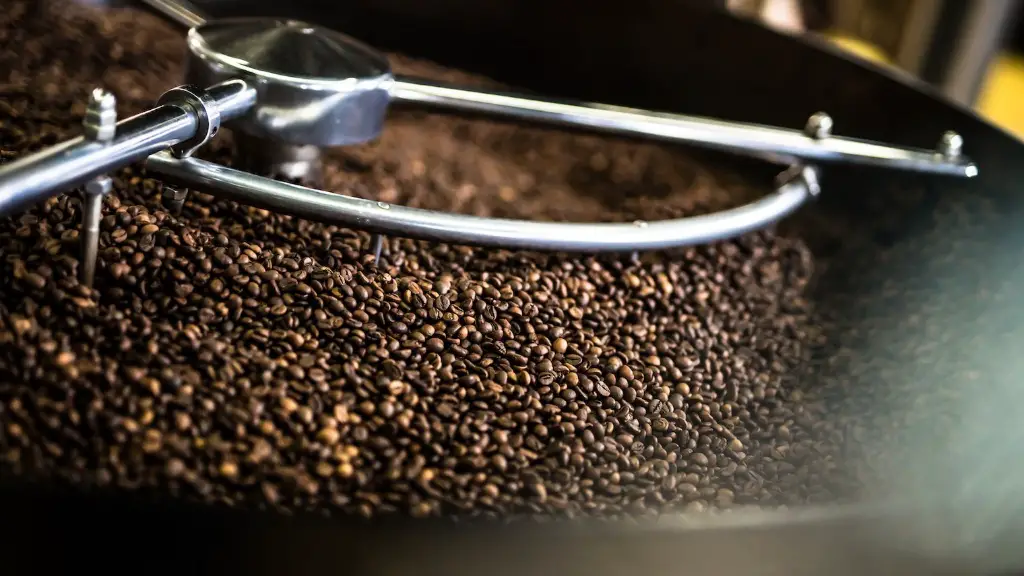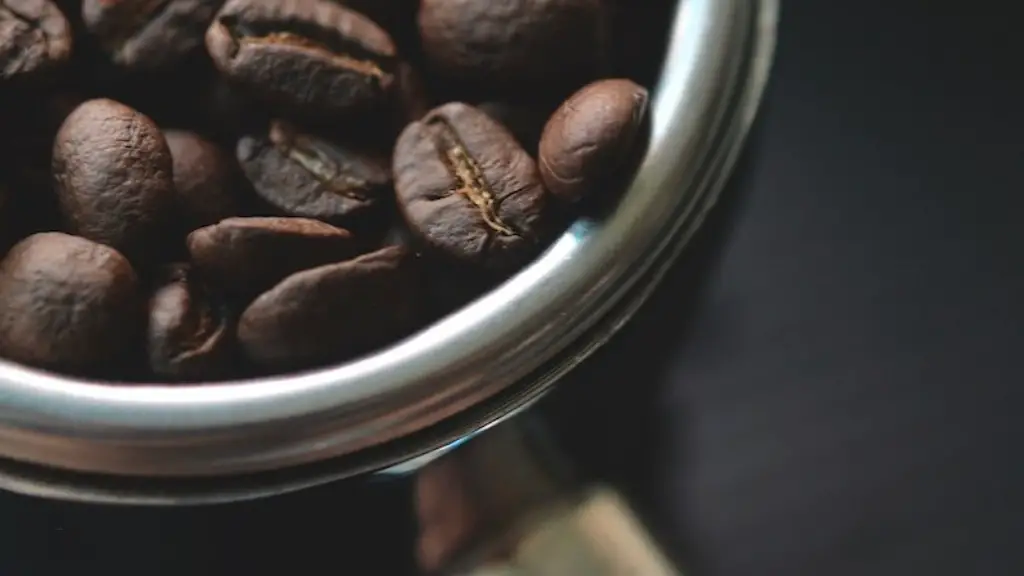Food poisoning can have an incredibly detrimental effect on the body. It can be caused by bacteria and viruses spread through contaminated food and water, as well as from contact with animals or people. For many, these symptoms include vomiting and diarrhea, though dehydration may quickly follow due to the amount of fluid being lost. When one is suffering from food poisoning, their body requires fluids and electrolytes to help the body recover and restore balance. With regard to coffee consumption after food poisoning, it’s a good idea to seriously consider one’s personal health options before deciding if it’s a good idea or not.
Caffeine, along with other ingredients found in coffee, may interact negatively with the symptoms of food poisoning. For example, caffeinated beverages, including coffee, can cause dehydration due to increased urination output, which can be counterintuitive when one is attempting to replenish lost fluids and electrolytes. Additionally, caffeine can worsen symptoms such as vomiting and diarrhea, making it more difficult for the body to recover and all-in-all reducing the amount of time it takes to get over food poisoning.
Experts in the field of gastroenterology suggest that those with food poisoning should focus on hydrating their bodies for the most part, especially if vomiting and diarrhea occur. Water is the best choice, though other beverages such as herbal tea, coconut water, or electrolyte drinks are also suggested. Rehydrating the body is key in helping the body to heal, as well as flushing out bacteria and viruses from the system, leading to a more comfortable recovery.
The body digesting coffee is also an energy-intensive process, resulting in extra strain on the system and a prolonged recovery process. Many with food poisoning are already suffering from a weak system, and the extra burden that coffee can put on the digestive system may not bring the desired outcome. Moreover, the added sugar contained in various coffee beverages may act as a barrier to the healing process, as exogenous sugars can lead to increased microbial activity.
Despite the negative effects that drinking coffee after food poisoning may have, many people do not experience any additional physical effects if they continue to drink coffee. Many people, who are not intensely affected by food poisoning, may simply be wary of drinking coffee rather than actually being harmed by it.
Nutrition and healthy eating
When the body is preparing for food poisoning recovery, it is necessary to focus on healthy eating, as the intake of nutrients is essential for good recovery and preventing future infection. A balanced diet is necessary for the body to function effectively, as well as for producing energy and ensuring the immune system is functioning properly. When food poisoning strikes, it can often be beneficial to stick to lighter meals that are easy to digest, such as fruits and vegetables, as these will provide the body with all the necessary nutrients. Additionally, complex carbohydrates such as wholegrain breads, oats, and quinoa are beneficial, as they offer fiber, minerals and B vitamins, assisting with digestion and recovery.
Sleep
Sleep is crucial for the body to adequately recover from food poisoning and any other infection. Sleep helps to repair and recharge the cells and tissues of the body, allowing them to work at maximum capacity. It is known that those who do not get enough sleep are more susceptible to illnesses, including food poisoning, meaning that it is important to ensure that enough hours of restful sleep are obtained each night.
Intravenous hydration
In extreme cases where dehydration is severe, intravenous hydration may be necessary. This is a procedure that is performed by medical personnel in a hospital or clinical setting, where fluids are directly fed into the body via a vein, with electrolytes added to the solution. This type of hydration therapy has its advantages over oral hydration therapy in that it tends to replenish water levels quicker, as well as providing more balance to the electrolytes of the body.
Oral Rehydration Solutions
Oral Rehydration Solutions (ORS) are special solutions containing essential electrolytes and minerals that the body is in need of when suffering from food poisoning. They can come in the form of powders, electricity drinks or tablets, to be dissolved in water and consumed. The aim of ORS is to replace the lost fluids, sodium, potassium and other electrolytes, to bring the body back to its usual balance.
Precaution
When it comes to food poisoning, it is always best to follow precautionary measures to ensure the risk for potential infections is reduced. Whenever possible, make sure to source food from trustworthy sources and always take extra care when it comes to the preparation and handling of food. Additionally, make sure to wash hands on a regular basis and keep surfaces clean. Finally, if any symptoms of food poisoning are experienced, it is best to seek medical advice if they persist.
Exercise
Light exercise can be beneficial in helping to regain the amount of fluids lost due to food poisoning, as well as restoring energy to the body. Low-intensity activities such as walking or swimming can help to boost energy levels and help the body to recover more quickly. However, it is advised not to push it too far and that exercise should only be undertaken when feeling up to it.
Conclusion
When it comes to drinking coffee after food poisoning, it is important to weigh up the risks and decide what is best for one’s individual situation. While it can be beneficial in some cases, for others it could worsen the effects of food poisoning and lead to a more prolonged recovery time. Therefore, it is best to listen to the body, drink plenty of fluids and focus on healthy eating and regular rest in order to return to normal in the most effective way.


